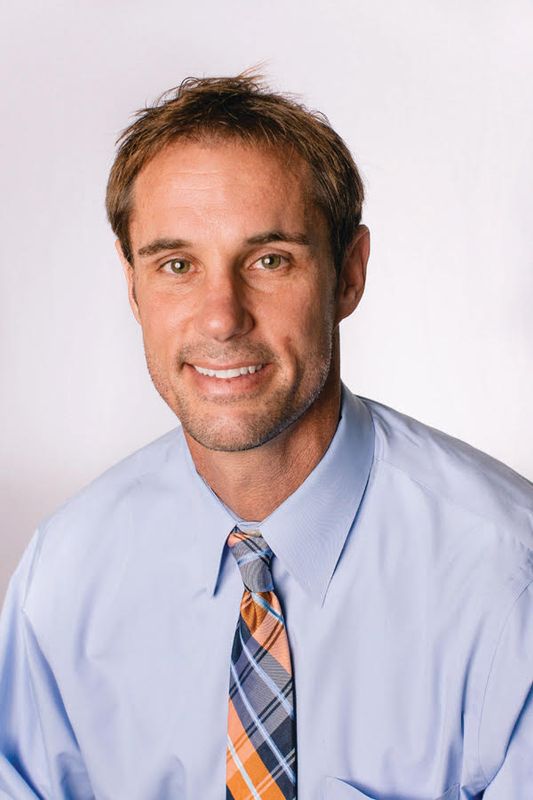
Endocrinology Redefined: Dr. Kent Reifschneider’s Forward-Thinking Perspectives
Endocrinology, the branch of medicine that focuses on hormones and their effects on the body, is undergoing a transformation propelled by innovative research and technological advancements. Dr Kent Reifschneider, a prominent figure in the field, offers forward-thinking perspectives that redefine the landscape of endocrinology. With his expertise and visionary outlook, Dr. Reifschneider sheds light on how cutting-edge developments are reshaping our understanding and approach to hormonal health.
“Endocrinology is at a pivotal moment of redefinition, driven by groundbreaking discoveries and paradigm shifts,” Dr. Reifschneider states. “As we delve deeper into the complexities of hormonal regulation, we uncover new insights that challenge traditional notions and pave the way for innovative approaches to diagnosis, treatment, and prevention.”
One of the key areas where endocrinology is being redefined is in the understanding of hormone signaling pathways and their role in health and disease. Dr Kent Reifschneider discusses how advancements in molecular biology and genetics have revealed intricate networks of signaling molecules that govern cellular function. “We are witnessing a paradigm shift in our understanding of how hormones interact with cells and tissues,” he explains. “This deeper understanding opens new avenues for targeted therapies that modulate hormone signaling with precision.”
Dr. Reifschneider explores the emerging field of epigenetics and its implications for endocrinology. “Epigenetic modifications, which regulate gene expression without altering the underlying DNA sequence, play a crucial role in shaping hormonal responses,” he notes. “By unraveling the epigenetic mechanisms that influence hormone action, we gain insights into how environmental factors and lifestyle choices impact hormonal health.”
Furthermore, Dr. Reifschneider discusses the integration of artificial intelligence (AI) and machine learning in endocrinology. “AI-driven algorithms have the potential to analyze vast amounts of clinical data and identify patterns that may elude human observers,” he says. “This technology holds promise for enhancing diagnostic accuracy, predicting disease outcomes, and personalizing treatment plans for patients with endocrine disorders.”
In addition to technological innovations, Dr Kent Reifschneider emphasizes the importance of a holistic approach to endocrine care that considers the interconnectedness of hormones with other physiological systems. “We are moving towards a more integrative model of healthcare that recognizes the interplay between hormones, metabolism, immune function, and mental health,” he explains. “This holistic approach acknowledges the complexity of hormonal regulation and addresses the underlying factors that contribute to hormonal imbalances.”
Dr. Reifschneider also reflects on the shifting paradigms in preventive endocrinology, emphasizing the importance of proactive measures to promote hormonal health and prevent disease. “Preventive strategies such as lifestyle interventions, screening programs, and early detection initiatives are essential for reducing the burden of endocrine disorders,” he says. “By empowering individuals to take control of their hormonal health, we can mitigate the risk of developing chronic conditions and improve overall quality of life.”
Looking ahead, Dr. Reifschneider remains optimistic about the future of endocrinology and the potential for continued innovation and discovery. “Endocrinology is a dynamic and evolving field that holds immense promise for improving human health,” he concludes. “By embracing forward-thinking perspectives and fostering collaboration across disciplines, we can redefine the boundaries of what is possible and pave the way for a future where hormonal health is optimized for all.”
In conclusion, Endocrinology Redefined offers a compelling glimpse into the transformative changes underway in the field, as seen through the forward-thinking perspectives of Dr. Kent Reifschneider. With his visionary outlook and deep understanding of the complexities of hormonal regulation, Dr. Reifschneider inspires hope for a future where endocrinology continues to push the boundaries of innovation and redefine the standards of care for hormonal health.